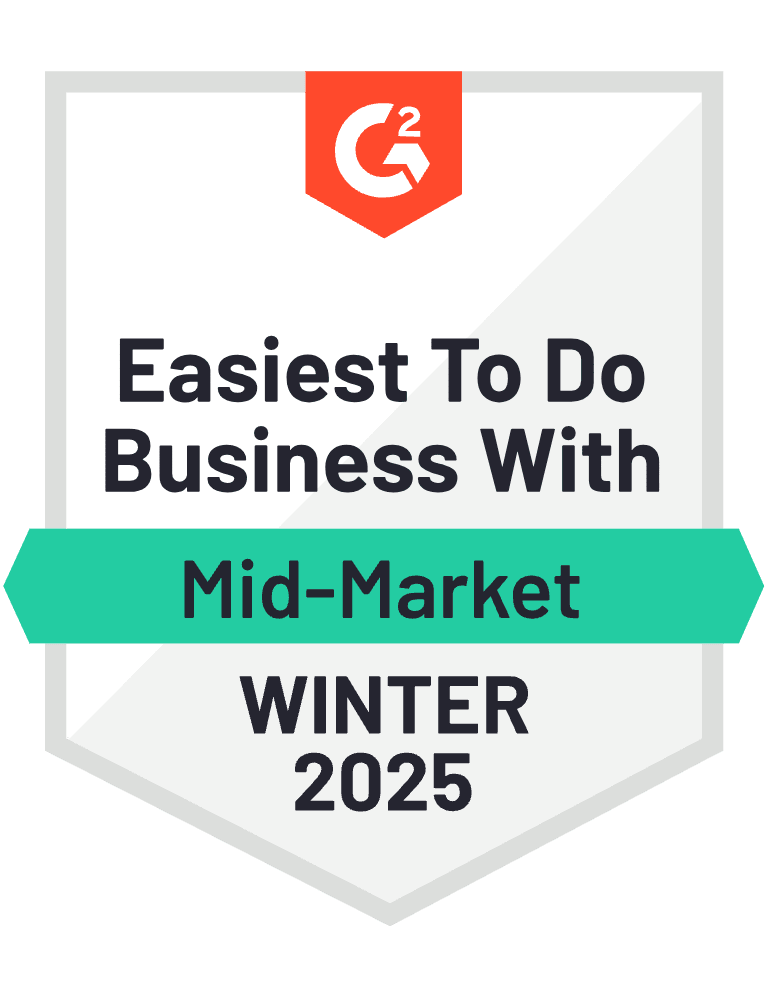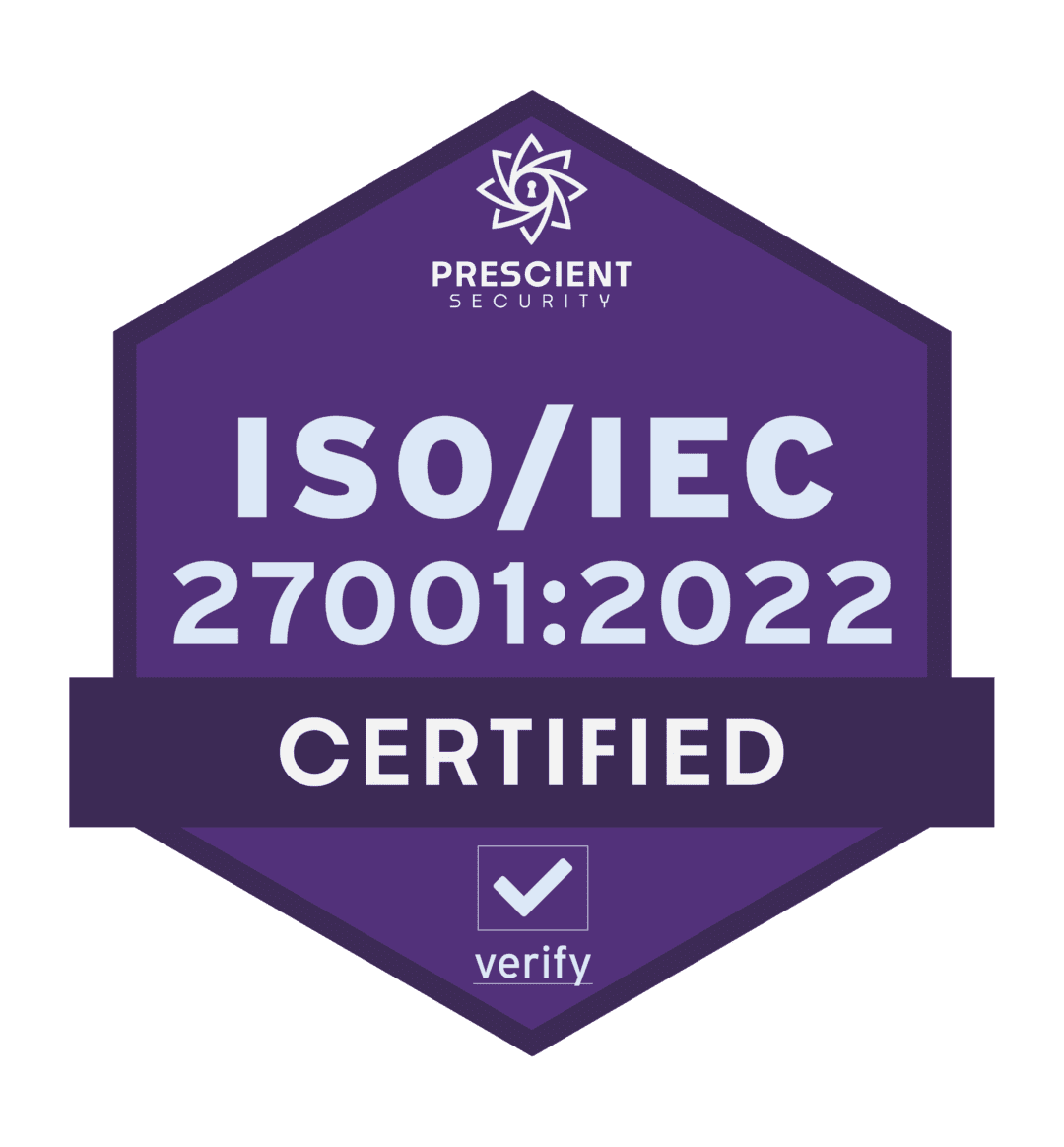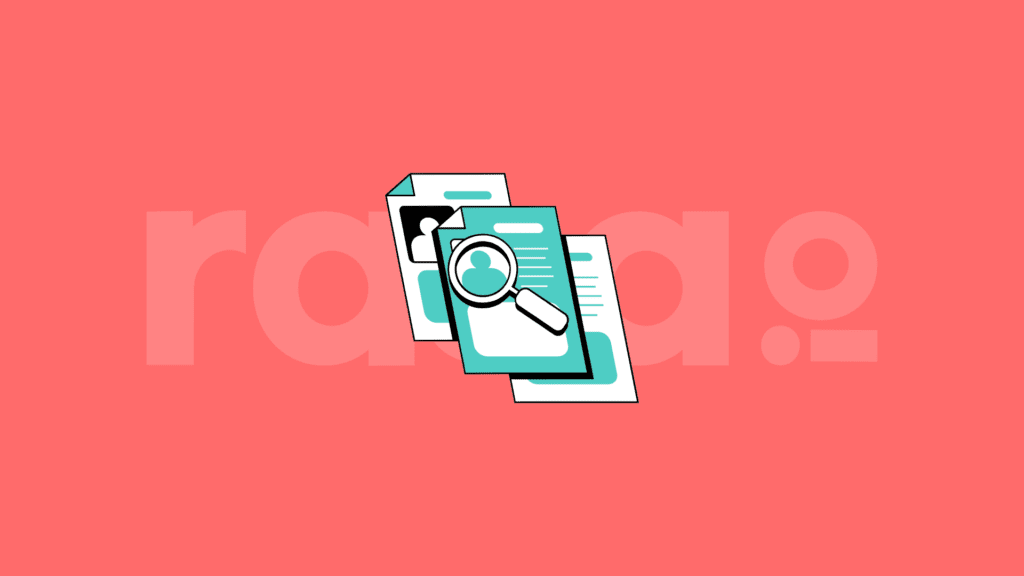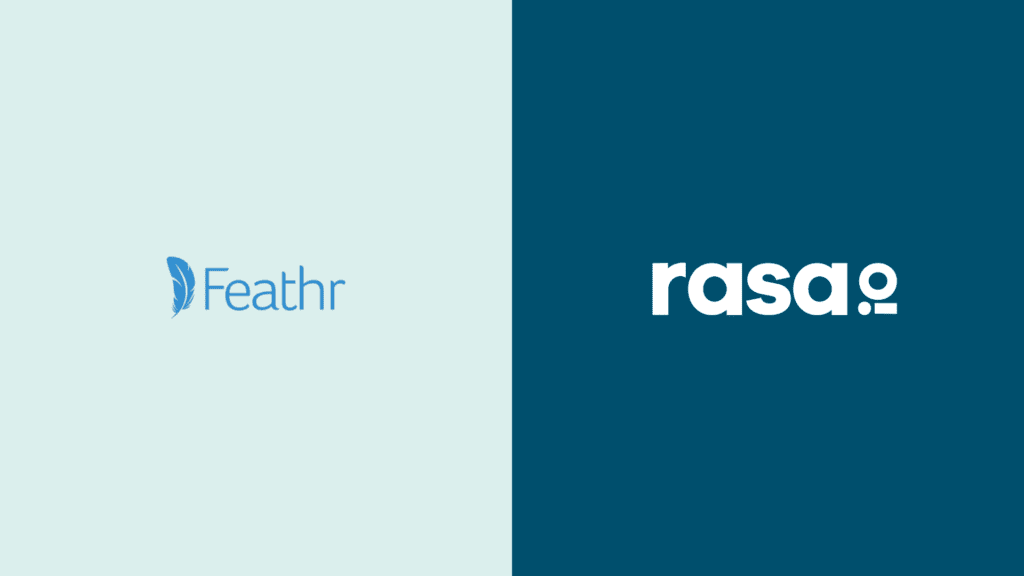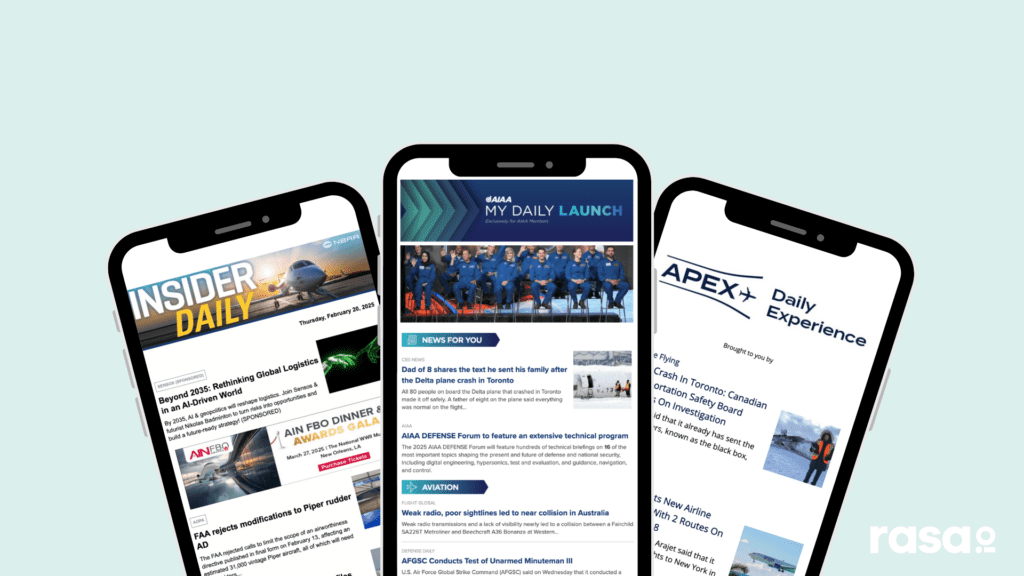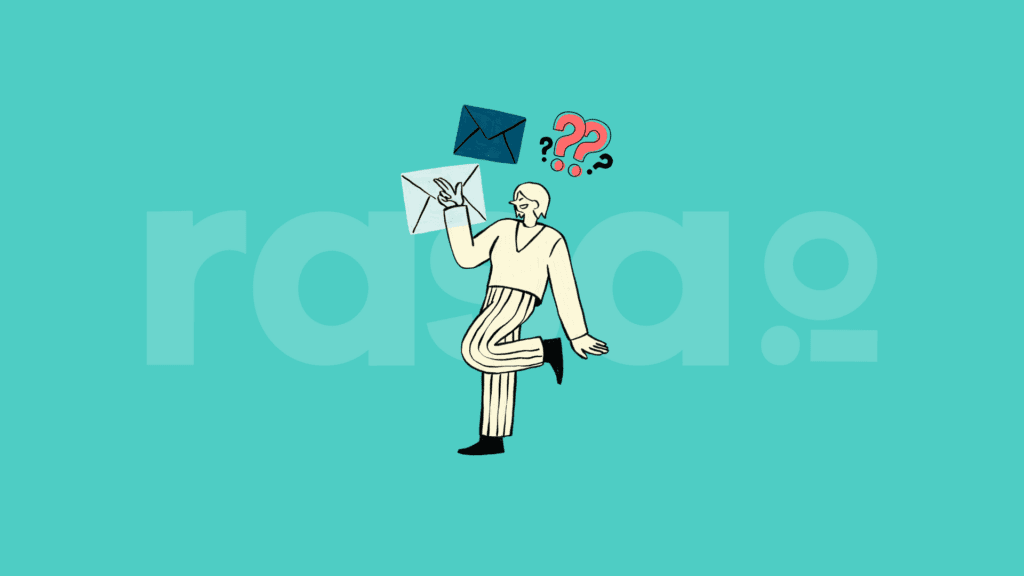Jen Capstraw
How one email marketer came to co-found a special organization called Women of Email. This is Jen Capstraw’s story about Pushing Send.Jen Capstraw is a strategist, speaker, writer and #emailgeek. She serves as President and Co-Founder of Women of Email, an association of 4,000+ aimed at promoting leadership and cultivating professional growth among women in the email space.
Key Points From This Episode:
- Women of Email was created in 2016 following a conference where the imbalance of thought leaders represented by women in the email industry was not in women’s favor.
- Women of Email became the official speakers bureau of female thought leaders in the email industry. They will give event organizers an easy pathway to achieve gender parody on stage.
- In the US the email industry is split 50/50 of men and women.
- As Women of Email grew and awareness of the organization was spreading. Recruiters started reaching out to ask for talent. And they had transparency policy. Having the numbers is helping them their members negotiate for better compensation.
- Women of Email is a productive community that has helped some of its members double and triple their income.
- There are no organization dues, so Jen solicits free passes to events so they access to education and networking.
- According to Jen, email marketers are kind of a bunch of underdogs and there’s a like-mindedness in the community. It is a divers, but warm and welcoming environment.
- Jen also shares her story of email and what she thinks about email best practices.
Tweetables:
“I have to say 2020 is the year that email brought sexy back. Email volumes with, through the roof. Everybody leaned into the email channel in 2020, and that means we’re going to stick. We’re finally getting the respect that we have deserved all along.” – @JenCapstraw
“I believe everyone has a story. Everyone can be a thought leader. There is something you can educate about that nobody else can, can explain or do in exactly the same way that you do.” – @JenCapstraw
“It could take just one event to change your career, where you learn some new ideas, you make some new connections and you feel more connected to the industry and the community. You feel more excited about the type of work you do, and that can take you so far.” – @JenCapstraw
“When you see those numbers come rolling in that you’re making money and ROI and making great things happen. That’s a dopamine hit. And like, you’re going to get addicted to that.” – @JenCapstraw
“I get such amazing feedback from people that they didn’t know, that email was exciting. I get them excited. And I love hearing that. It’s just, it’s difficult. And that is exciting to me.” – @JenCapstraw
“I don’t look at best practices as though they are gospel. They are just suggestions. In many cases, you’ve got to be legal and you’ve got to be relevant. And the rest of it’s up to you.” – @JenCapstraw
Links Mentioned in Today’s Episode:
Episode Transcript
Jen Capstraw:
I have to say 2020 is the year that email brought sexy back. Email volumes with, through the roof. Everybody leaned into the email channel in 2020, and that means we’re going to stick. We’re finally getting the respect that we have deserved all along. And I’m really excited to just be riding that wave. And I think people are tapping into our community possibly a little bit more because they’re home all the time and everyone’s just online and networking that way.
Bryan Kelly:
From rasa.io, the tool for sending smarter and better email newsletters. This is Pushing Send, a show featuring people who send emails. Their subscribers actually want to read I’m Bryan Kelly and on today’s show how one email marketer came to co-found a special organization called Women of Email here’s Jen Capstraw. Can you tell me the origin story of your group Women of Email?
Jen Capstraw:
Yes. We were founded in 2016 and there was a chain reaction of events in the span of a week that catalyzed in the inspiration to create the organization. And it started at an industry conference where there was a clear imbalance of female speakers and male speakers. And we didn’t have data points at that period in time to know what is the divide in the email marketing industry between men and women, but looking around and looking at our own networks, everyone was kind of like, it seems like a 50 / 50 industry. So why are we seeing so many men on the stage? And in fact there was this panel discussion and it was a rapid fire question theme. And there were 10 representatives of industry, cool startups, people with interesting ideas about email. And the idea was for each of them to maybe answer a question in 10 seconds and to get a wealth of really cool responses from sharp people quickly. And there was only one woman in this panel of 10 people. And the first question was asked and she was dead center sitting in the middle of this panel. So the first question, the first question is asked and the first person answers, second person answers, third person answers. And she stands up in her answer is where are the women at? And we all looked around and we’re like, yeah, where are the women at? And following the conference, another speaker and I myself was a speaker at that event. And another woman who ultimately became a co-founder of women of email with me, Kristin Bond, she wrote an article about it, like, Hey, let’s talk about this. Let’s talk about the gender imbalance of thought leaders represented by women in the email industry. And that led to a conversation on an industry forum. And people were trying to talk about it in a very productive and thoughtful way. And then out of nowhere, somebody piped in and said, you know what? I hate women speakers. And here are the reasons why, and my mind was blown. But I think what shocked me more than a man actually saying something that offensive was when a woman chimed in and said, yeah, I agree. I also hate female speakers. And I collected my thoughts. I articulated my response and I stepped away from that conversation. I started getting direct messages from people who saw it and thanked me for being frank and straightforward. And within a day I had, there was so much conversation with these awful list messages amongst us that I put three other women into a single email that I’d been communicating with separately. And I’m like, we all really seem to care about this. Why don’t we do something about it? What do you think? And they all said, yes, instantly and Women of Email was born within an hour and we had a hundred members within a day or so.
Bryan Kelly:
Wow. Well, do you recall the four things that person said about why they didn’t like female speakers?
Jen Capstraw:
The phrase that I remember most vividly was they think they can play by the rules of men. And it struck me so hard because I thought maybe he was describing me. I thought, perhaps this person was at that conference and he saw me give my presentation. And he was telling the world that he disliked me. He didn’t like what I had to say. He didn’t like that I had a right to stand up there and say it. He didn’t like the way I said it. Everything that I was doing was deeply offensive to him. And so I have no idea. I will never know if he was talking about me, but it felt so personal.
Bryan Kelly:
Yeah. I can only imagine. Now what are some of the things Women of Email is doing for female email marketers? Give me a breakdown.
Jen Capstraw:
Well, the list is long and we’ve got some great success stories to tell. In our five short years. We initially organized because of that imbalance of female thought leaders. So we thought, why don’t we help solve this problem for the industry? Let’s become the speakers bureau, the official speakers bureau of female thought leaders in the email industry. And we will cultivate that talent and we will match that talent. And we will give event organizers an easy pathway to achieve gender parody on stage. And we have been phenomenally successful at that. And it’s amazing that these event organizers come to us, we don’t even have to put much effort into reaching out and saying, Hey, we would like to work with you and bring more women to your event. And it’s just become a go-to thing. We make it easy for event planners to find female talent. So of course they’re going to come to us and we focus really on producing those emerging thought leaders. Those first time speakers who just need a little bit of coaching and direction on what their speaking topics could be. They just need someone who can make that introduction to the event organizers and I do a lot of backend negotiating with these event, organizers trying to convince them to consider certain talent and to give them a chance. And I’ve never gotten a complaint from a single event organizer, no one has ever regretted working with us to discover talent for their events. So we’re so proud of all of the success and, and visibility that our members are getting. And I have personally filled about 150 speaker slots so far with Women of Email members. And it became normalized in our community and people are talking about it. And eventually women became more comfortable with the idea of raising their own hand and going directly to these event organizers and saying, Hey, I have an interest in speaking. Here’s my proposal. Let’s do this. So they’re not even necessarily coming through us anymore. They’re part of our community and the idea of doing this is just what you do now. And I believe everyone has a story. Everyone can be a thought leader. There is something you can educate about that nobody else can, can explain or do in exactly the same way that you do. So it’s been so fun to see this being normalized and virtually every event today has 50 /50 gender representation, which is amazing, huge accomplishment for us. And we saw that within a couple of years and we brought awareness to the problem and, normalized that this is something you should do. We did eventually learn through a couple of industry surveys that in the United States, the email industry is split 50 /50 men and women it’s roughly split. And so it makes sense to have that representation at events. Some of our other successes have been helping women negotiate more aggressively and make more money and making them aware of what their value is. So as our group grew and awareness of our organization was spreading. Recruiters started reaching out to us saying, Hey, can you help me find talent? Because email talent is so specialized and it can be hard to find the right person. And somewhat, sometimes they’re quite desperate to find the right person for these roles. And so one of our founders, Kristin Bond said, Hey, I’ve got an idea. Why don’t we force them to tell us the comp range or the salary range for this specific job. And then we can deliver more value to our members by having transparency. And that’s a great policy. Like no one’s time is going to be wasted if this comp range is just not appropriate for you on the flip side, if it’s a nice beefy comp package, then I’m going to be more interested in applying for that job. And so our members can post any job they want, but we’ve normalized the idea of asking for comp and including it in their posts. But if anyone comes to us directly and they’re not qualified for membership in the organization and they do want to promote a job, then we have this policy. We won’t post it. You’ve got to tell us. And I can think of only one person who ever said no. So our members are telling us, you are giving me powerful information, and they’re not even necessarily applying to those jobs, but having those numbers is helping them negotiate with other roles. They understand their value. And I had a number of women tell me at an event back when we still had events, we had a big meetup in 2019 in Atlanta. And I was speaking to a small group of women who are members and three or four of them said, I’ve doubled my income since I joined Women of Email and my mind was blown. And then a fifth woman said, I tripled mine. And that’s so amazing. And you asked me if people are using our community to vent and in the very, very early stages of us building that community, when it felt quite small and intimate, I think a lot of women did feel the need to discuss some of their frustrations. But today we’ve got over 5,000 members in more than 50 countries on six continents. It’s not that intimate community that it once was, but it still feels very close knit. And on our, within our Facebook group, I think we’ve got close to 7,000 women. So there’s about a 2000 delta there are people who haven’t yet officially joined the organization by filling out our membership application. But the venting is very infrequent these days. It is such a productive community and we don’t really advocate for people coming there just to complain. It needs to be a proactive and useful conversation. If you’re having a frustration at work, this is not the place to just unload and commiserate. You need to ask for feedback on how to resolve it. I just don’t think it could be a healthy environment if it’s a place where everyone is just constantly complaining. And so the tone of this community is very positive and useful.
Bryan Kelly:
When we come back, Jen shares another way women of email is helping empower female email marketers. Plus she tells me her personal story as a long time email marketing professional going all the way back to 2002. I’m Bryan Kelly and you’re listening to Pushing Send from rasa.io.
rasa.io:
You deserve to get more from your email list, more sales, more leads, and more engagement, but publishing a consistent newsletter that gets you more it’s time-consuming. So at rasa.io, we’ve simplified the process. We’ll automatically personalize emails for each of your subscribers based on their interests. And when your subscribers get more of what they want, you get more, what you want. Everybody’s happy, want to see how it works. Visit www.rasa.io and click how it works.
Bryan Kelly:
Welcome back to Pushing Send, I’m Bryan Kelly. Jen Capstraw, and her fellow colleagues behind the women of email organization are doing some incredible things. We talk a little bit more about that plus her personal story as to how she got into email. Here’s Jen, before we started recording, you had mentioned another program that had a lot of success. Tell me more about that because it sounded pretty cool.
Jen Capstraw:
We’ve been partnering with conference organizers to place speakers, but we also solicit them for free passes to their events. So something that is really important about women of email is that we do not charge for dues. There are no barriers to membership, and that means that the people who need us the most have access. Donating is optional. And that has been career changing for women who just don’t have the funds to spend on an association. To those of us with a certain amount of privilege, $200-500 a year is a small price to pay for these types of programs. But realistically, the people who really need that opportunity to grow their career, they might not have that. So we started working with conference organizers to ask for donations of, of passes to their events. And we usually get at least 10 passes to most events. There are some select events that actually include accommodations and meals. And we can only get between two and four of those for each event, but often we’ll get a minimum of 10 and sometimes up to 50 or 60 free passes for our members. And we’ve got a scholarship application and you let us know any limitations you have in being able to afford something like this or that your employer won’t cover it for you. Sometimes you do have to agree to be a speaker at the event at certain events, but we’ve been able to pass out, gosh, probably close to a thousand passes so far. So they’ve got access to not just the education, but also the networking. And it could take just one event to change your career, where you learn some new ideas, you make some new connections and you feel more connected to the industry and the community. You feel more excited about the type of work you do, and that can take you so far. So it’s been terrific providing those opportunities.
Bryan Kelly:
So you’ve had a long career in email, as well as I know you have a deep passion for it too, but why like, what is it about email that gets you all fired up?
Jen Capstraw:
A phrase that you’ll hear a lot in the email community is you don’t choose email, email chooses you. It is not a sexy channel. Nobody’s like, I want to be an email marketer. It is something that falls in your lap at some point in your career because Franz might perceive it as a necessary evil, and let’s toss it to this person who can get stuff done. And if you’re that person and you start exploring it and learning about it and discover the uniqueness of the email channel, like how honestly difficult and challenging it can be when it’s done right. And the excitement of seeing success with those campaigns emails, your number one ROI channel. So when you see those numbers come rolling in that you’re making money and ROI and making great things happen. That’s a dopamine hit. And like, you’re going to get addicted to that.
Jen Capstraw:
And so people who, who enjoy those challenges and, and really like to stretch their mind and, and, and do this type of work, they become very enthusiastic about it. And I think of us kind of as a community of misfits, because as I mentioned, this kind of work is just kind of delegated to someone who may not fit in, who doesn’t quite seem to be on the path to whatever more interesting thing exists in their marketing organization. And so we’re kind of a bunch of underdogs and there’s a like-mindedness in the community. If you walk into an email event, you will find friends, you will not find strangers. It is so warm and welcoming. And it’s because this there’s a like-mindedness there’s diversity of lifestyles and experiences and where you live and, and, and all of the other beautiful flavors of diversity, but there’s a similarity among the people who stick with it. And I warn people when I do my email strategy workshops and it’s 8:30 in the morning and they’re barely awake yet, but I’ve had a vent, a quad latte. I let them know, like I am freakishly enthusiastic about this. And I hope that you are as excited about it as I am by the end of these four hours. And I get such amazing feedback from people that they didn’t know, that email was exciting. I get them excited. And I love hearing that. It’s just, it’s difficult. And that is exciting to me.
Bryan Kelly:
Well, you talked about a few things here, so let’s break it down. The first is that email chooses you. And you said that it’s something that gets thrown in the lap of people who get things done. And then the dopamine hit. Were those all an outline of your personal experience? I’m assuming this all happened to you and that’s how you got an email.
Jen Capstraw:
Well, I sent my first email campaign in 2002, I was working for this tiny nonprofit trade association in Huntersville, North Carolina. We had a trade show coming up and somebody said, I’ve got an idea. Why don’t we send an email to our members, inviting them to register for our event? And we were like, whoa, that’s a crazy, good idea. And I was the person who dealt with all of the marketing and communications, collateral and digital presence. And so I was like, well, let me take copy of Microsoft Front page and cook up an email. And I did, and I found it recently. It is hideous. It’s genuinely horrible. And this is before canned spam existed. So it didn’t even have an opt out and never occurred to us that people would have want to opt out. The call to action was to download a PDF, which it also explained what is a PDF. And you were meant to fill this out by hand, print it out, fill it out by hand and fax it back to us. So what I did that was smart as I did segment the campaign, it was unique to three different audiences. That was good intuition looking back, I didn’t even know what the word segmentation meant. And I just had to do beyond that point and occasional newsletter. I think we launched a monthly newsletter. And then whenever this event would come up, we put out an email, but I didn’t give it much thought because I was doing a hundred other things in this organization, I was the entire marketing department, but then I eventually moved into a B2B role with a manufacturer in Manhattan. And I was running communications. I picked up digital marketing and I had one person to help me with that. And they were doing the occasional email and I saw opportunities like we could do this better. We didn’t have a lead gen strategy. And so I jumped into this lead gen project. Uh, I led the redesign of our website and added in lead capture strategies and nurturing and even lead assignment. We didn’t have a CRM. So we had to use our email service provider to assign the leads to the correct salespeople. It was ridiculous, but we did it. And we thought maybe we’ll make a million bucks on marketing generated leads. The first year that this goes live and we generated 10 million bucks on marketing generated leads. And I was like, hell yeah, this is amazing. I love this. And I would like a promotion. And they said, no. So I ended up leaving that position. And I ended up at, uh, a small agency that worked with higher ed clients. Mostly those sketchy sketchy fly by night for profit hierarchy entities, and they’re like, all right, you own the email product and you have to figure out what you’re going to sell. And you’ve got to develop the pricing and the proposals, and you’ve got to do the strategy and the creative and the code and the implementation and the reporting and the contracts and the invoicing. And I did it. And I zeroed in on some really clever re-engagement strategies that worked exceptionally well for this vertical and was able to generate some pretty good revenue that way. And as soon as I had email marketing strategist, that the strategy part of it in my job title, man, the recruiters were chasing me down. And, uh, eventually I ended up at a, an email service provider. I worked at three of them through the years, uh, and now I’ve transitioned into running my own business as a consultant to vendors in the email space, in addition to public speaking and running Women of Email. And I just never grow tired of it. It’s fun for me. And so I’m not hands-on anymore. That was so much fun, but I’ve kind of grown and matured. And I love just sharing my enthusiasm, sharing my point of view and inspiring other people to be creative and take risks with their campaigns and to break some rules. And don’t look at best practices as though they are gospel. They are just suggestions. In many cases, you’ve got to be legal and you’ve got to be relevant. And the rest of it’s up to you. And it’s fun. I love it when people are like, wow, really, I don’t have to do this or have to do that. And no, you don’t, or you have to evaluate those ideas and ask yourself, does this serve my audience? Does this serve my objectives? And if the answer to either of those questions is no, then maybe that’s not a best practice. You should be following
Bryan Kelly:
Coming up on our next episode, we’ll hear from Lisa Jones, the founder and CEO of imail a company whose technology allows brands to embed 60 seconds of video into their email marketing messages. This isn’t a link it’s actually in the email and you can play it right there. Lisa tells me about her personal story and what led to her building a business focused on email. So you won’t want to miss what Lisa shares during this conversation. Now, if you’re listening to Pushing Send for the first time, be sure to subscribe at apple podcasts or wherever you’re listening. So you don’t miss an episode. And if you’ve enjoyed what you’ve heard, I’d encourage you to check out a few of our other episodes while you’re here. Lastly, leaving a review will help us share these stories with others, just like yourself. So thanks in advance for doing that. I’m Bryan Kelly, and you’ve been listening to Pushing Send from rasa.io.
Check out the previous podcast episode
How a business coach for female entrepreneurs uses email to grow her community and revenue. This is Racheal Cook’s story about Pushing Send.






